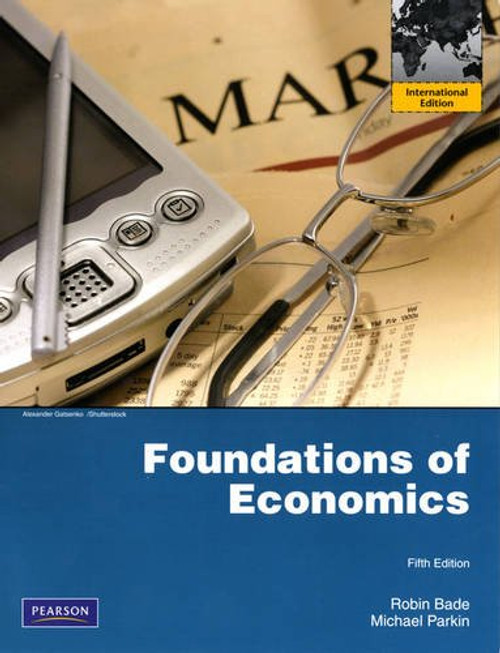This synthesis of modern economic anthropology goes to the heart of a thriving subdiscipline and identifies the fundamental practical and theoretical problems that give economic anthropology its unique strengths and vision.
More than any other anthropological subdiscipline, economic anthropology constantly questions and debates the practical motives of people as they go about their daily lives. Tracing the history of the dialogue between anthropology and economics, Richard Wilk and Lisa Cliggett move economic anthropology beyond the narrow concerns of earlier debates and place the field directly at the center of current issues in the social sciences. They focus on the unique strengths of economic anthropology as a meeting place for symbolic and materialist approaches and for understanding human beings as both practical and cultural. In so doing, the authors argue for the wider relevance of economic anthropology to applied anthropology and identify other avenues for interaction with economics, sociology, and other social and behavioral sciences.
The second edition of Economies and Cultures contains an entirely new chapter on gifts and exchange that critically approaches the new literature in this area, as well as a thoroughly updated bibliography and guide for students for finding case studies in economic anthropology.
More than any other anthropological subdiscipline, economic anthropology constantly questions and debates the practical motives of people as they go about their daily lives. Tracing the history of the dialogue between anthropology and economics, Richard Wilk and Lisa Cliggett move economic anthropology beyond the narrow concerns of earlier debates and place the field directly at the center of current issues in the social sciences. They focus on the unique strengths of economic anthropology as a meeting place for symbolic and materialist approaches and for understanding human beings as both practical and cultural. In so doing, the authors argue for the wider relevance of economic anthropology to applied anthropology and identify other avenues for interaction with economics, sociology, and other social and behavioral sciences.
The second edition of Economies and Cultures contains an entirely new chapter on gifts and exchange that critically approaches the new literature in this area, as well as a thoroughly updated bibliography and guide for students for finding case studies in economic anthropology.






